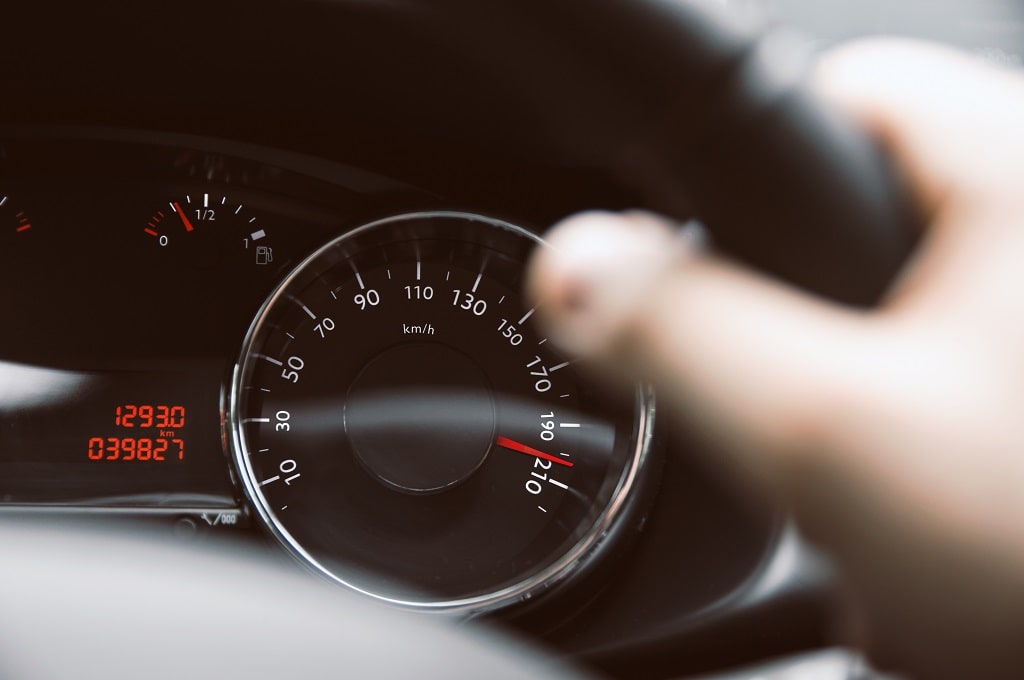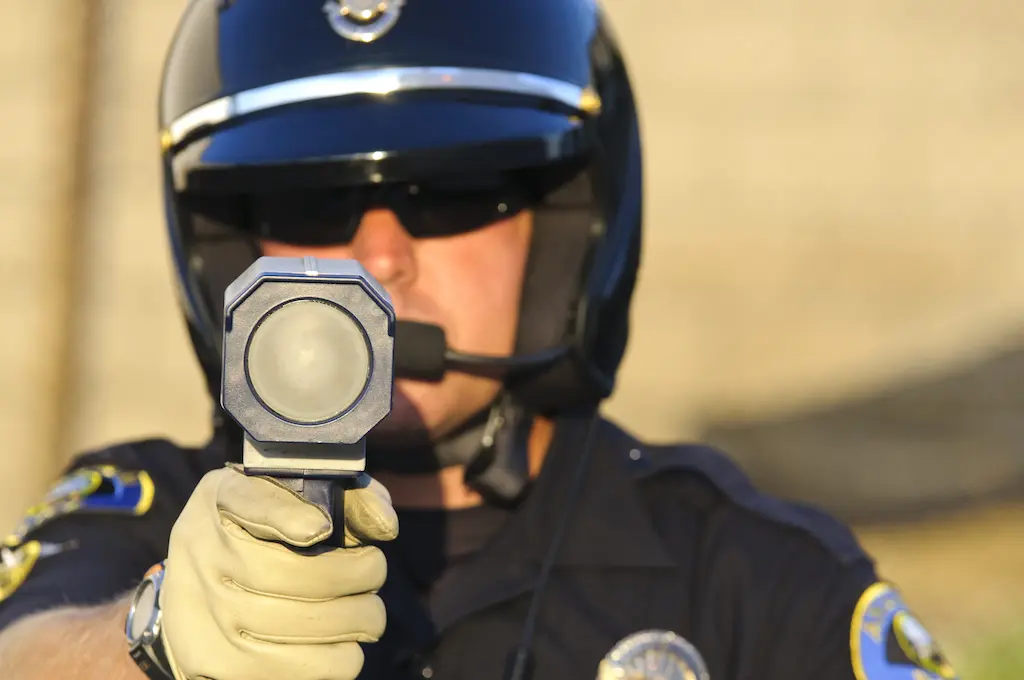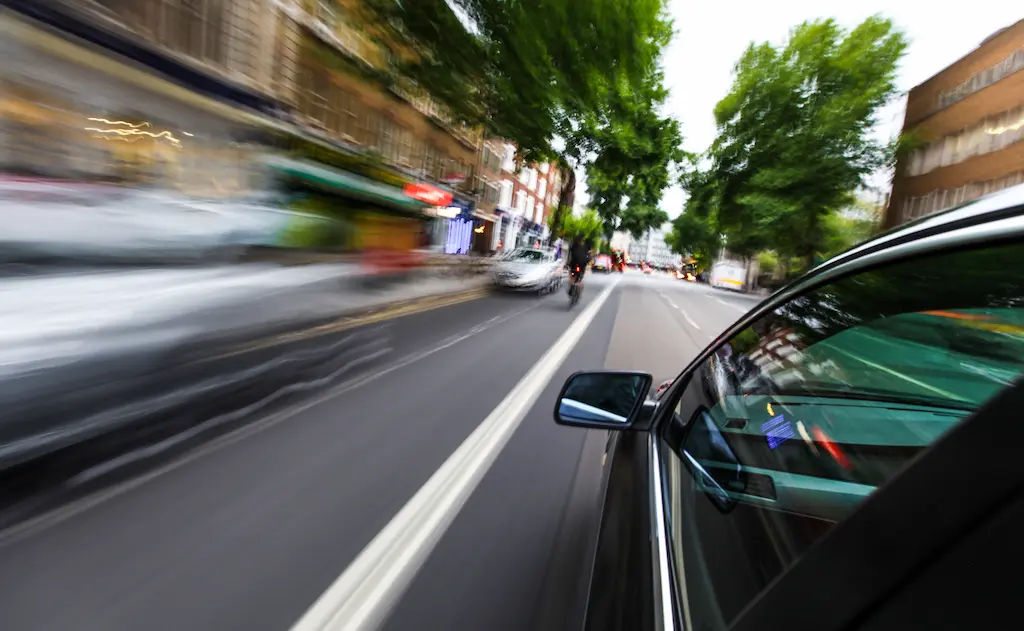The Court Process for Criminal Speeding
If you and your lawyer aren't able to come to a plea arrangement for your criminal speeding ticket, then your case will progress to trial. We will explain each step of the criminal speeding violation trial, but in general, most Arizona criminal speeding ticket trials progress in the following way:
- Arraignment
- Pre-Trial Conference
- Discovery
- Pre-Trial Conference
- Negotiation & Mitigation
- Plea Agreement or Trial
What you should expect is much the same as what you would expect in any criminal case in Arizona. When you are issued an Arizona criminal speeding ticket, a date will be listed on your ticket. When the officer gives you the ticket and lets you continue driving, you promise to appear in court on that date. This date is called the arraignment date.
The arraignment date is the date you will enter a plea. If you hire an attorney before your arraignment date, your attorney will file paperwork with the court entering a “not guilty” plea. The court will then vacate, or cancel, your arraignment date and set a new date for a pretrial conference.
The pretrial conference is often the first opportunity for your attorney to meet with the prosecutor in your case and discuss settlement and excessive speed. Sometimes not much happens before the initial pretrial conference. This is because the rules of criminal procedure in a misdemeanor case do not require the prosecutor to do anything before that initial pretrial conference.
In an excessive speed case, you can expect several pretrial conferences, usually occurring about 30 days apart.
Before your initial pretrial conference, we will send discovery requests to the prosecutor seeking to get information that may be helpful to your case. We will continue the discovery process until we have all the relevant information that is available.
Pretrial conferences will continue to occur until either a settlement has been reached or until it is apparent that no settlement can be reached and all relevant information has been obtained from the prosecutor, at which point the case will be set for trial. If we are able to reach an agreement, the court will generally conduct a change of plea hearing to formally resolve the case.



